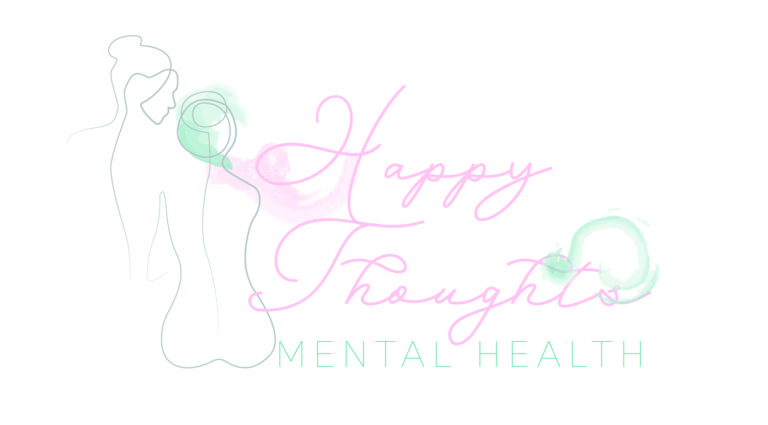Everyone feels anxiety in their lives as a natural part of being a human. It’s a feeling that fuels us throughout the day – you might feel a sense of urgency when it’s time to get up for work, or the buzz of adrenaline while you’re playing a sport. Normal anxiety is supposed to help us feel alert enough to get things done, prepare us for difficult situations, or prime us to defend ourselves. (It’s an adaptive trait that has helped early humans escape predators and danger).
Alternatively, anxiety can become a serious problem when we cannot turn off that sense of alertness – or when the feeling is so intense that it keeps us stuck and in pain.
Anxiety issues are the leading cause of mental illness in the United States of America. In fact, over 21% of American adults between the age of 18-64 years old have a diagnosable anxiety disorder within a given year. Depending on your experiences the feelings associated with anxiety can be noticed in your thoughts, in your actions, and throughout your body.
Anxiety feels like the following:
- Feeling powerless against the thoughts in your mind.
- Constantly worrying and fearing about things that haven’t happened yet.
- Your mind and body are on high alert for no obvious reasons.
- Being so scared that you feel paralyzed.
- Your heart beating out of your chest.
- Not feeling good enough.
- Always blaming yourself.
- Having extra awareness of the sounds, sights, and people around you.
- Lack of appetite, or skipping meals.
- Not wanting to go outside or try new things.
- Being repulsed and afraid of your own body, or the possible illnesses you could possibly have.
- Struggling to control other people, or things, around you.
- Like shame or guilt when you aren’t being productive, or making different lifestyle choices.
- Your mind is racing with so many thoughts at the same time.
- Difficulties concentrating or staying still.
- Having to take drugs to dull the uneasiness.
- Worry that something bad is going to happen, or that the worst-case scenario is inevitable.
When anxiety becomes very severe it can manifest into recurring anxiety episodes, or panic attacks. One may experience the following during a panic attack:
- Shortness of breath
- Difficulty thinking straight.
- Intense fear or terror
- Chest pain and racing heart
- Feeling disconnected from yourself, or the things around you.
Anxiety can feel like a vice that won’t let go. If left unresolved it can feel like life is passing you by, since it’s hard to slow down when we are consumed by it. Long term anxiety can lead to severe health complications. Fortunately a resolution is less about eliminating anxiety and more about managing it when you feel it. Sometimes anxiety can be caused by unresolved thoughts/emotions from the past, present or future. Speaking to a professional counselor will help validate these feelings and look at them in an objective way. A counselor can also help to identify triggers (the factors in your daily life that can cause/promote feelings of anxiety) and positive ways to cope. Mental health counselors are also trained to discuss lessons learned – in childhood, from family, or culturally – that may be contributing to these feelings. Managing your anxiety is not easy, so it’s best to enlist someone you can trust to work through it with.
“It’s beauty in the struggle, ugliness in the success.” – J. Cole
It will take time, honesty and work to reduce anxiety. It will take daily practice to teach your body and mind that the world does not require you to be on edge all day. Before you know it you can live a life of calm contentment – a life where you have the clarity to enjoy the people and things around you. You deserve it.
Schedule your free 30 minute consultation.

